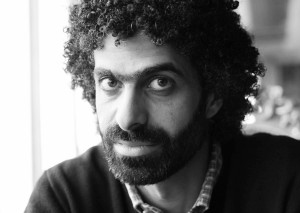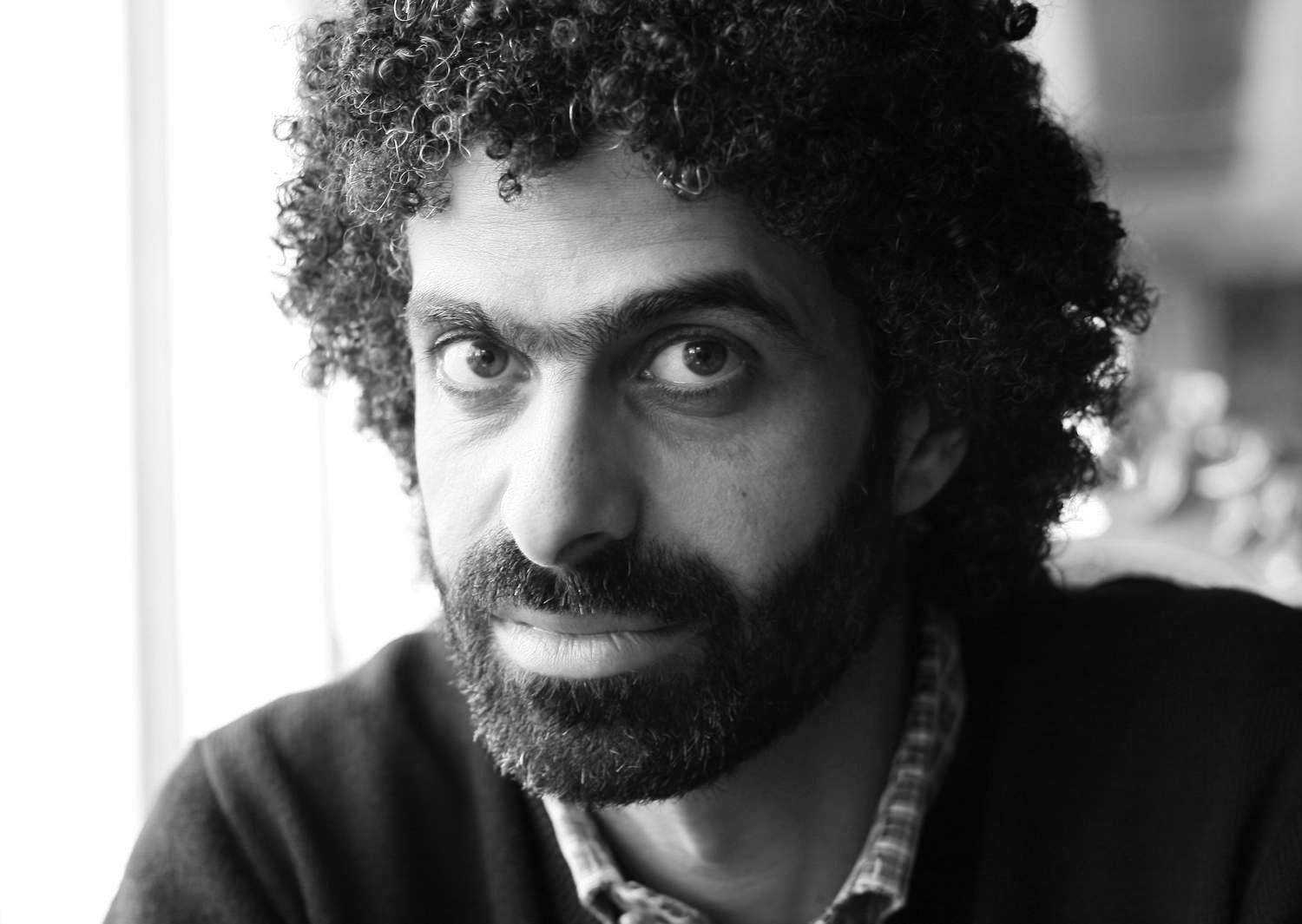
Remember people chanting “Bread, freedom and social justice” twenty months ago? Remember how brilliant it felt summing up all what we needed in a Post-Mubarak Egypt? How does this same and exact slogan feel to your ears now? I guess quite kitsch. Simply, too much shouted and no steps ever taken towards its realisation.
Mubarak’s economic model, if we can even call it a model, was unique to say the least, and we can credit him for it by calling it Mubarakonomics. It was an extraordinary blend of practices that brought to Egypt the worst of both major trends, socialist and capitalist economics. An anti-poor neo-liberal economy in the body of a fat and corrupt centralised state.
Aggressive waves of privatisation spilled over the corporate sector, side by side with flooding state departments with labour loyal to his gigantic ruling party.
One the one hand, a number of free market economies have actually met at least one of the slogans pillars, which is freedom. Probably exclusive to freedom of expression. On the other, most socialist economies have met another pillar, bread. Or maybe in a few cases social justice as well. However, in the land of the Nile and natural resources, nothing but more poverty and injustice was achieved.
Since the early 1990s, Egypt was celebrated by the propaganda of global economic institutions as such a promising transformation towards the mighty free market economy. But it actually was not even close to doing so. It was simply a straight forward robbery of public assets, owned by the people, pushed by a global mafia operation called “structural adjustment” and orchestrated by international players represented by the International Monetary Fund (IMF) and the World Bank.
However, Mubarak had his own touch: the sophisticated rule of the business elite that kept his regime alive, in exchange for providing them the people as free mezze on their massive tables laden with the country’s resources. His son Gamal had wrapped this operation with a package of very confusing and contradicting laws that either legitimized the business elites’ practices, or made it very difficult to drag any to court. In general, if you are unable to understand this creepy economic creature in comprehensible terms, then you totally know what Mubarakonomics is all about.
Well, it is said that a revolution broke out in January 2011. Has anything changed in post-Mubarak Egypt? Unfortunately, not in the slightest. Even the large scale corruption is still there. We just have not realised its new dynamics yet. It is not as blunt and openly practiced as it used to be, which makes it worse.
What change did the elected government introduce, following a revolution in which hundreds died, more were injured and others disappeared? Nothing.
The IMF is still there enforcing its “services” on the country, drowning us in debt and insisting on its anti-poor structural adjustment, which they sometime disguise as “triggering”. Such a cheap Hollywood style trick that our “revolutionary” government seems to like. Why not? The neoliberal economic model is a fundamental belief within the Muslim Brotherhood ideology. Lucky IMF!
Ironically the concept of a business tycoon backing up the government and cushioning its political crises is still there. The revolution just resulted in a simple swap of prisoners. Ahmed Ezz, the former Mubarakist billionaire is now in prison and the former Brotherhood prisoner Khairat El-Shater is in his pivotal position. It seems that Mubarakonomics school of thought was very influential, even among its enemies.
Given all of that, can we accuse the people of being naive believing their broad demands for bread, freedom and social justice fulfilled in such a short period? Of course not! Those who ran to Tahrir, risked or lost their lives refusing to go home until Mubarak was ousted, could have been very simply satisfied with seeing just a single step towards this goal. Unfortunately, until now, there has been no real will. Not even a sign of getting close to a first step. Mubarak’s curse is still in every official’s soul, even those who hated him.


